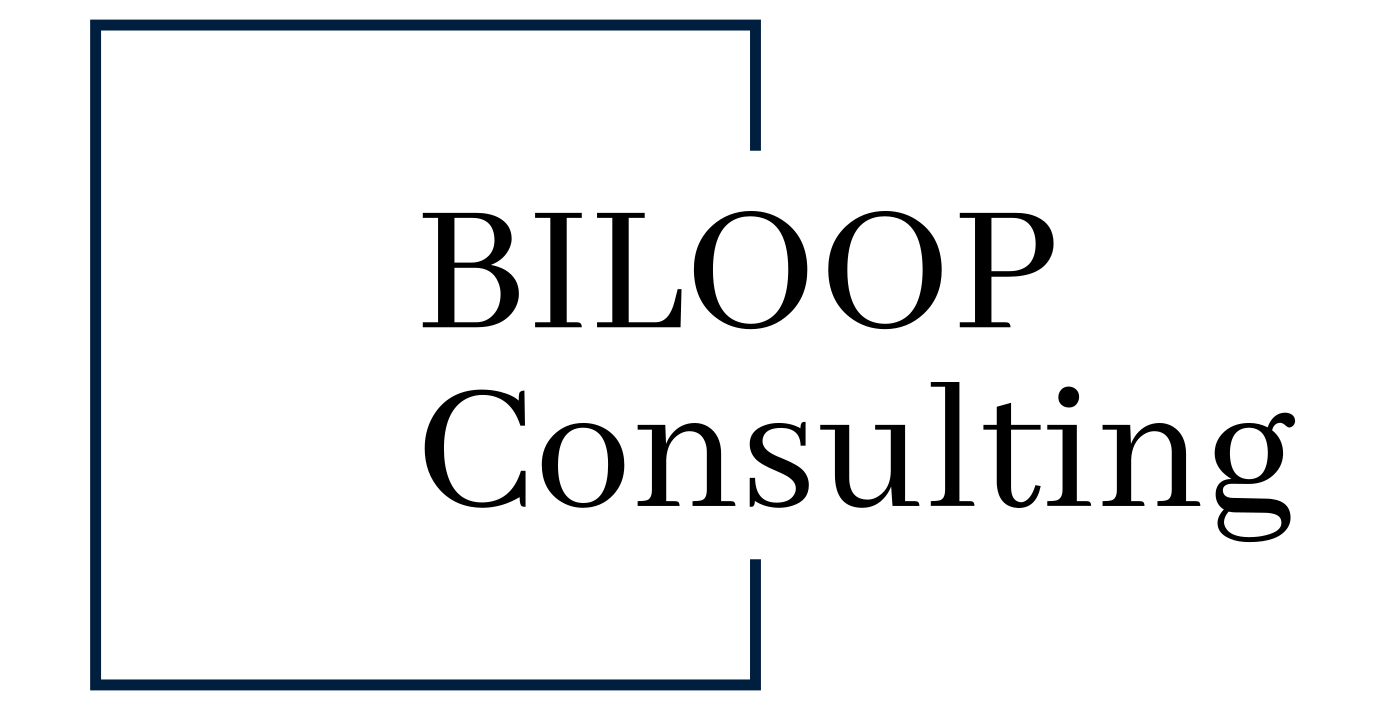The Definition of Alignment
Alignment, meaning “harmonization,” describes the seamless coordination of all essential elements within a company. It ensures that strategy, processes, technologies, and people work toward a common vision. When a company practices alignment, it operates as a unified system that enhances efficiency, fosters innovation, and builds sustainable competitive advantages.

The Dimensions of Alignment
Alignment encompasses several key dimensions:
- Strategic Alignment:
A company’s vision, mission, and goals must be clearly and comprehensively defined. All activities should aim to fulfill strategic objectives, with a deliberate bridge between strategy and operational execution. - Process Optimization:
Inefficient processes and organizational silos often slow companies down. Alignment involves identifying these obstacles and redesigning workflows to ensure optimal resource utilization. - Technological Integration:
Technologies and tools should not be implemented in isolation but rather strategically deployed to support overarching business goals. - Cultural and Human Engagement:
Organizational culture plays a pivotal role. Employees who internalize and identify with the company’s strategy actively contribute to its success. Their involvement is essential. - Customer Centricity:
Products and services should address the needs of target audiences and provide real value.
Why Is Alignment Important?
A lack of alignment often results in:
- Siloed Thinking: Departments pursue their own goals instead of working collectively toward organizational objectives.
- Conflicts Between Short- and Long-Term Goals: This can lead to inefficient resource allocation and internal tensions.
- Low Employee Satisfaction: Unclear goals and poor communication reduce employee engagement.
- Dissatisfied Customers: When customer needs are not prioritized, the value of products and services diminishes.
The Benefits of Alignment
A successfully aligned company enjoys:
- Clarity and Focus:
Clear goals help set priorities and maintain direction. - Increased Efficiency:
Resources are deployed effectively, and processes are streamlined. - Strengthened Organizational Culture:
Employees feel engaged and motivated by a sense of purpose. - Improved Customer Retention:
Products and services align with the needs of target audiences. - Sustainable Success:
The organization becomes more adaptable and resilient.
Conclusion
Alignment is a cornerstone of long-term success for modern companies. By holistically aligning all areas of an organization, businesses can operate more efficiently, drive innovation, and adapt to dynamic market conditions. Investing in alignment is therefore an investment in a company’s future viability.

